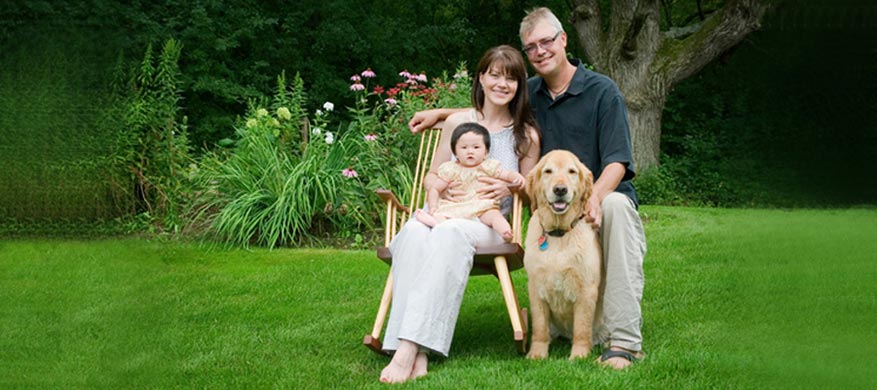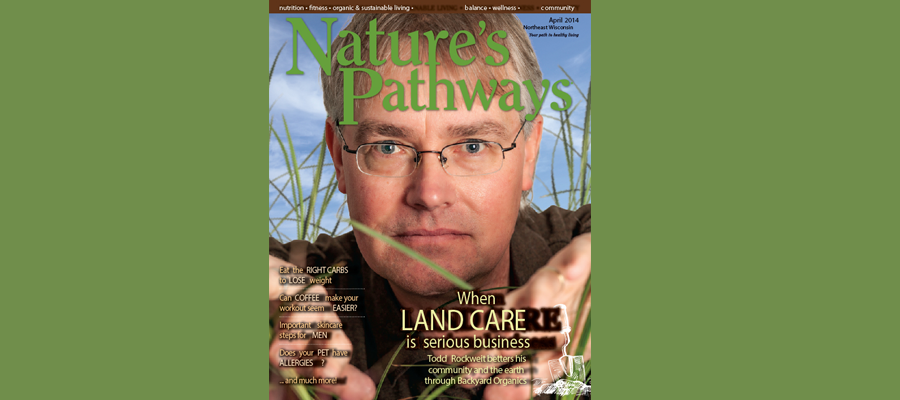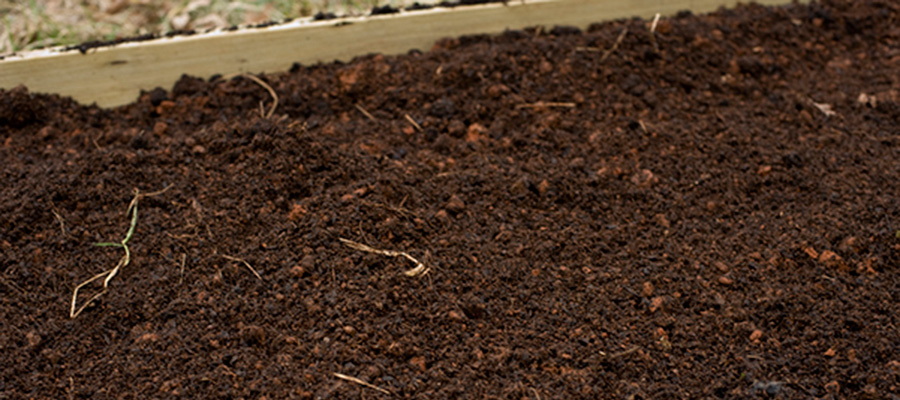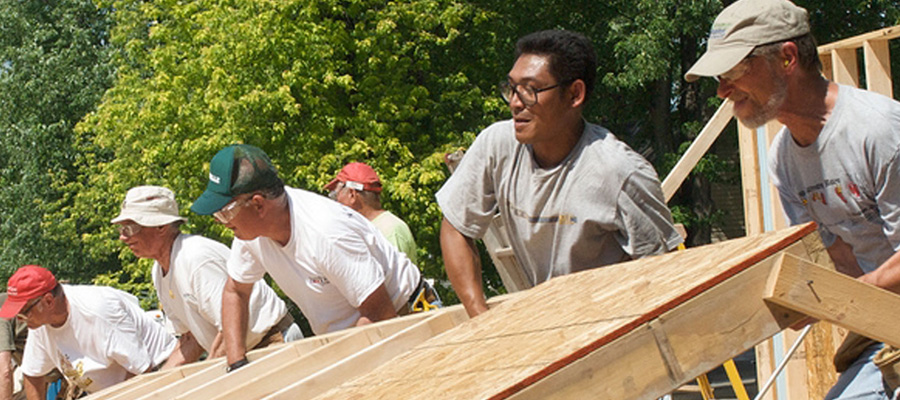
By backyard Articles, General, Lawn Care, Natural Herbicides, Pesticides, soil food web, Uncategorized Appleton, Backyard Organics, compost extracts, compost tea fertilizers, foliar feeding, Fon du lac, Fond du Lac, Fox Valley, Fox Valley Technical College, get rid of weeds, Green Bay, herbicides, Landscaping, lawn, lawn care, lawn care oshkosh, oshkosh lawn care, oshkosh lawns What They Are and A Few Interesting Facts
Bacteria are minuscule, one-celled organisms that can only be seen with a powerful light (1000X) or electron microscope (we’re talking TINY). They can be so numerous that a pinch of soil can contain millions of organisms. Bacteria are tough—they occur everywhere on earth and have even been found over a mile down into the core of the earth.
Bacteria can be classified into five functional groups. Autotrophic (literally, self-feeding) bacteria are photosynthetic. They are the primary producers. Decomposers consume soil organic matter, plant litter, and simple carbon compounds, releasing the nutrients in these substances for use by living plants. Mutualists, such as nitrogen-fixing bacteria, form associations with plants and help them absorb nutrients. Pathogens are the bad guys— they cause disease in plants. The last group, the chemolithotrophs (literally, chemical and rock-eating) obtain energy from minerals rather than from carbon compounds.
Bacteria are common throughout the soil, but tend to be most abundant in or adjacent to plant roots, an important food source.
Actinomycetes are a broad group of bacteria that form thread-like filaments in the soil. They are responsible for the distinctive scent of freshly exposed, moist soil.
Why They Are Important
Bacteria are important in the carbon cycle. They contribute carbon to the system by fixation (photosynthesis) and decomposition. Bacteria are important decomposers in grassland environments. Actinomycetes are particularly effective at breaking down tough substances like cellulose (which makes up the cell walls of plants) and chitin (which makes up the cell walls of fungi) even under harsh conditions, such as high soil pH. Some management activities, particularly those that change nutrient levels in the soil, can shift the dominance of decomposers from bacterial to fungal. When one group becomes dominant where it shouldn’t be, there is also a shift in the rest of the system. The shift from bacterial to fungal dominance, for instance, can enhance the conditions favoring weed invasions on rangelands.
Bacteria are particularly important in nitrogen cycling. Free-living bacteria fix atmospheric nitrogen, adding it to the soil nitrogen pool. Other nitrogen-fixing bacteria form associations with the roots of leguminous plants such as lupine, clover, alfalfa, and milkvetches. Actinomycetes form associations with some non-leguminous plants (important species are bitterbrush, mountain mahogany, cliffrose, and ceanothus) and fix nitrogen, which is then available to both the host and other plants in the near vicinity. Some soil nitrogen is unusable by plants until bacteria convert it to forms that can be easily assimilated.
Some bacteria exude a sticky substance that helps bind soil particles into small aggregates. So despite their small size, they help improve water infiltration, water- holding capacity, soil stability, and aeration.
Wait! Aren’t there also “bad” bacteria? Yes, there are, but some soil bacteria suppress root-disease in plants by competing with pathenogenic organisms. The key is in maintaining a healthy system so that the good guys can do their work.
Bacteria are becoming increasingly important in bioremediation, meaning that we (people) can use bacteria to help us clean up our messes. Bacteria are capable of filtering and degrading a large variety of human-made pollutants in the soil and groundwater so that they are no longer toxic. The list of materials they can detoxify includes herbicides, heavy metals, and petroleum products.
The process that Backyard Organics uses to cleanse and enrich the soil, focuses on the quality, quantity and diversity of the microbiology that goes into our applications. Diversity is important because, (depending on your soil conditions) every soil is different. Having a wide variety of bacteria handles a wide variety of deficiencies. In order for the bi-products of the microbiology to be of any value, however, the soil food web needs to continue its cycle with the help of arthropods, nematodes and protozoa’s, (the shredders, predators and grazers found in the third trophic level of the soil food web). Backyard Organics provides the necessary predators by using good quality compost, naturally rich with nematodes and protozoa, and then extracts them using our brew process. We then add a variety of appropriate nutrients that help the microbiology live and prosper until your soil is able to sustain itself.
Learn More!
“BLM NSTC Soil Biological Communities – Learn More.” BLM – The Bureau of Land Management. Web. 29 Nov. 2011. <http://www.blm.gov/nstc/soil/learn/index.html>.
Ingham, Elaine. 1998. The soil biology primer, soil bacteria. USDA, Natural Resources Conservation Service, Soil Quality Institute.
Kennedy, A.C. and R.I Papendick. 1995. Microbial characteristics of soil quality. Journal of Soil and Water Conservation 50 (3) 243-248.
Vollmer, A.T., A. Au, and S.A. Bamberg. 1977. Observations on the distribution of microorganisms in desert soil.Great Basin Naturalist 37 (1) 81-86.





